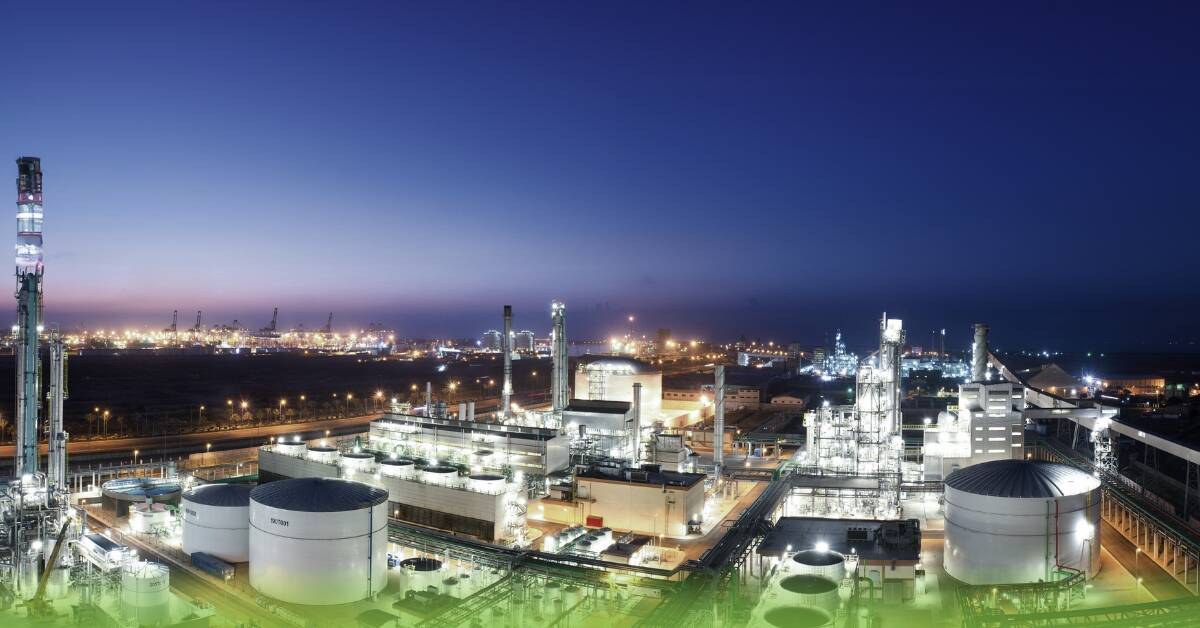CHICAGO, Ill. – Poultry giant Tyson Foods Inc. says its marriage to beef and pork processor IBP Inc. will create the world’s largest meat company with annual revenues of $25.7 billion US.
The $2.9 billion acquisition, expected to close in October, is forecast to generate savings of at least $50 million in fiscal 2002, the first full year of operations, Tyson officials said in a conference call Aug. 7.
“Our new company will simply be the world’s largest provider of protein, the world’s largest marketer of beef, chicken and pork,” said chief executive John Tyson.
Read Also

Genesis Fertilizers says it has hit ‘turning point’
Genesis Fertilizer hopes to start construction on its $2.89 billion plant in 2026.
“Our goal is not just to be the biggest, but to be the best provider of beef, chicken and pork as well as our other food products.”
The company said IBP chair and chief executive Robert Peterson will retire from active management but remain as a member of Tyson’s board. Tyson expects to make more management changes and may sell some parts of the combined operations that do not perform up to expectations.
Springdale, Arkansas-based Tyson said it expects earnings for the year ending Sept. 30, 2002, of 90 cents to $1 per share, which includes the $50 million in expected savings. The company expects to save up to $200 million in the third full year.
Most of the charges related to the deal are included in the overall cost, with the rest expected in fiscal 2001, the company said. The deal includes $1.08 billion in assumed IBP debt.
The companies first announced a deal in January after Tyson outbid Smithfield Foods Inc. for IBP. However, Tyson tried to back out in March, citing financial irregularities at an IBP subsidiary.
A Delaware judge forced Tyson and IBP back together and the companies announced a new deal in June. The South Dakota-based IBP will be a wholly owned subsidiary of Tyson.
Food analyst Christine McCracken said she would not expect Tyson to sell too many components, or make huge job cuts, though it would be logical to combine some administrative jobs, and equipment and bulk feed purchases.
“I can’t imagine what would be divested. There really isn’t anything that doesn’t fit with the new combined company,” she said.
Another analyst, George Dahlman, said, “I think they know they paid too much for (IBP). They tried to get out of it and couldn’t, so they have to put their best foot forward.”
Tyson and IBP were hit with state and federal shareholder lawsuits with various claims including that IBP accepted too low a bid and that Tyson’s attempt to back out was merely a ruse to renegotiate the deal it had already signed. The state claims were settled last week as part of the agreement. The federal lawsuits are pending.
















